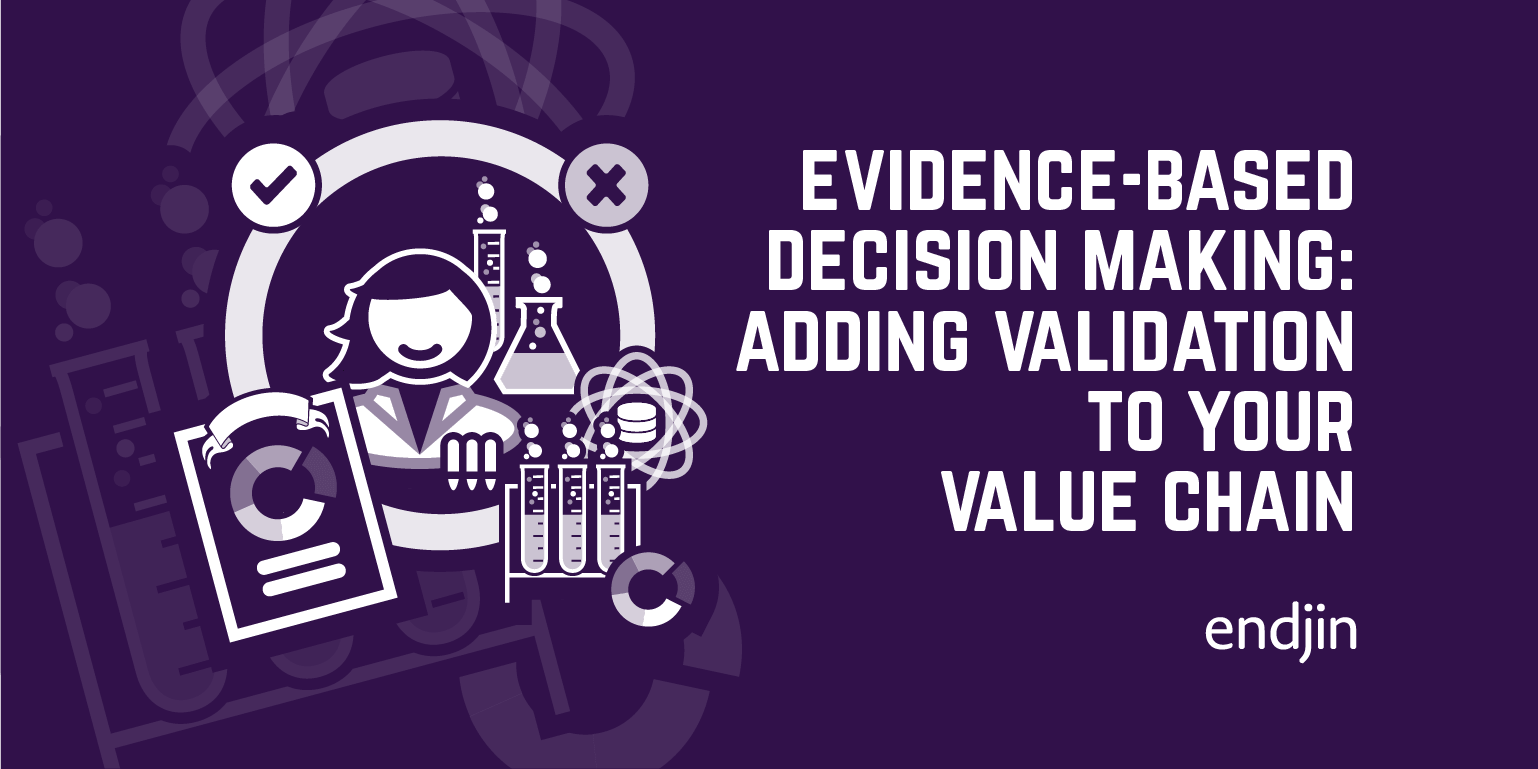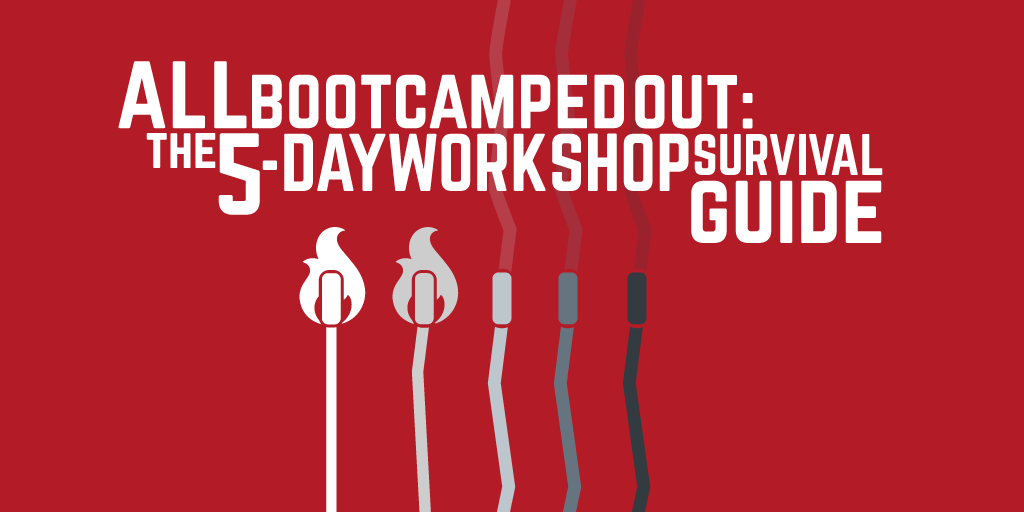Evidence-based Decision Making: Adding validation to your value chain

I'd like to start the Campaign for Rational Business1. CamRB2.
The aim of the campaign is pretty simple. Try to inject at least a little bit of rigour into your decision making. You'd be amazed how many businesses don't.
- Articulate your idea in terms clear enough for people who work outside of your business to understand it
- Define the criteria that would let you declare your idea a success
- Work out how to measure those criteria
- Work out how much you're prepared to spend/lose to work out the likelihood of ever being able to achieve those criteria
Then
- Keep everything under review
- Make regular go/no-go decisions - it is just as good to stop while there's still time to do something else as it is to sail on to success
This is a pretty good approach even for those decisions that never make it out of your own head, and scales all the way up to enterprise decision making processes.
It has a couple of significant benefits.
First, you can easily explain your decision to anyone who asks. Most organizations see "communication" as one of their biggest problems. Often, this boils down not so much to a lack of telling but a lack of understanding. Decisions are a lot easier to understand if you can see the evidence that informed them. This is great for managing up (justifying what you want to do), across (getting the support of your peers) and down (explaining what needs to be done, and why, to the people who are going to do it).
Second, it gives you a pattern to help you make similar decisions in future - building organizational memory. Evidence can be reused, re-examined and re-evaluated, even if the person whose "gut instinct" informed the original decision has moved on.
You can take an extremely rigorous approach like that used in evidence based medicine, or case law; or something much more casual - whatever is expedient; it is the approach that matters, not the ceremony around it.




